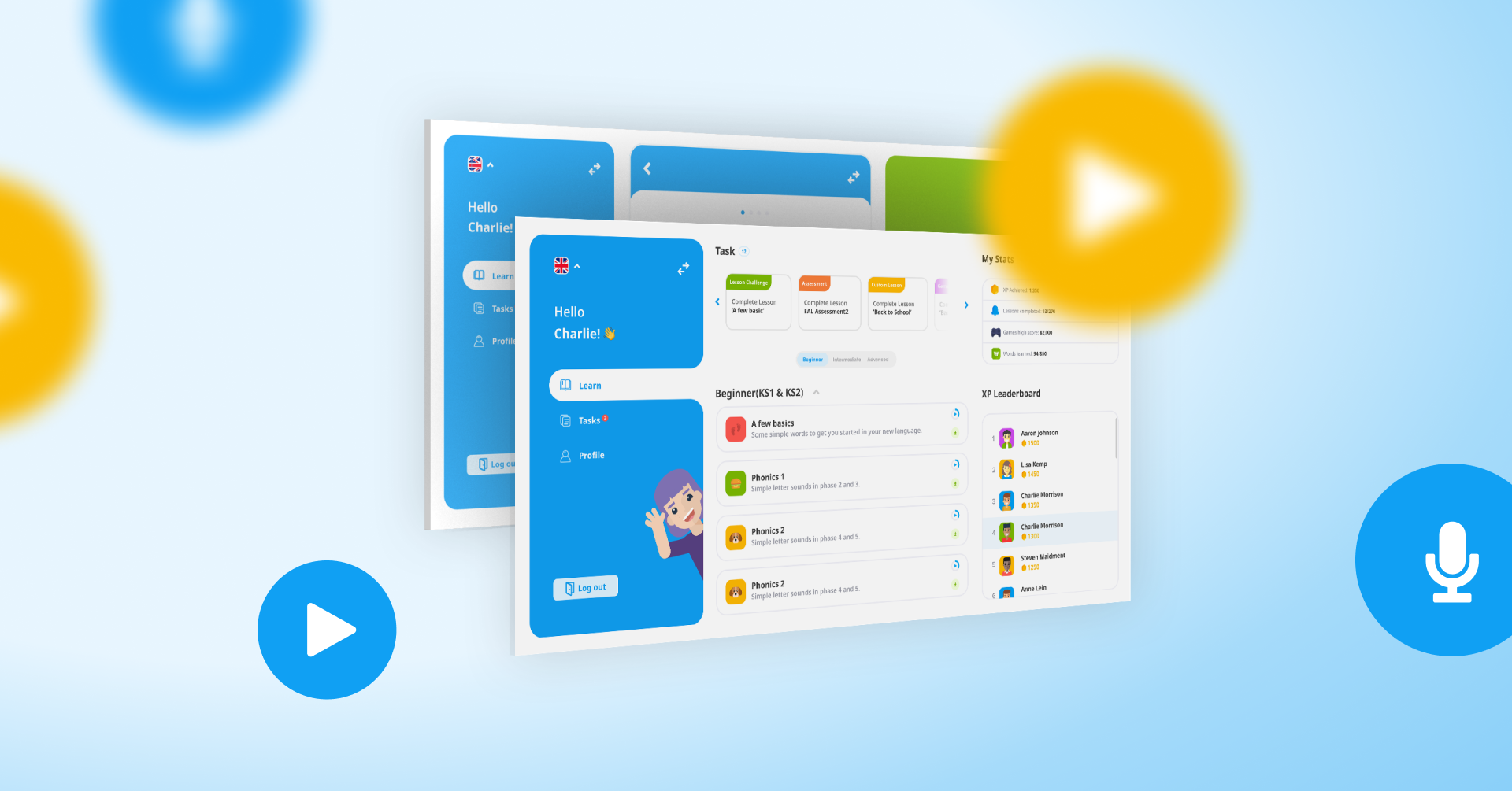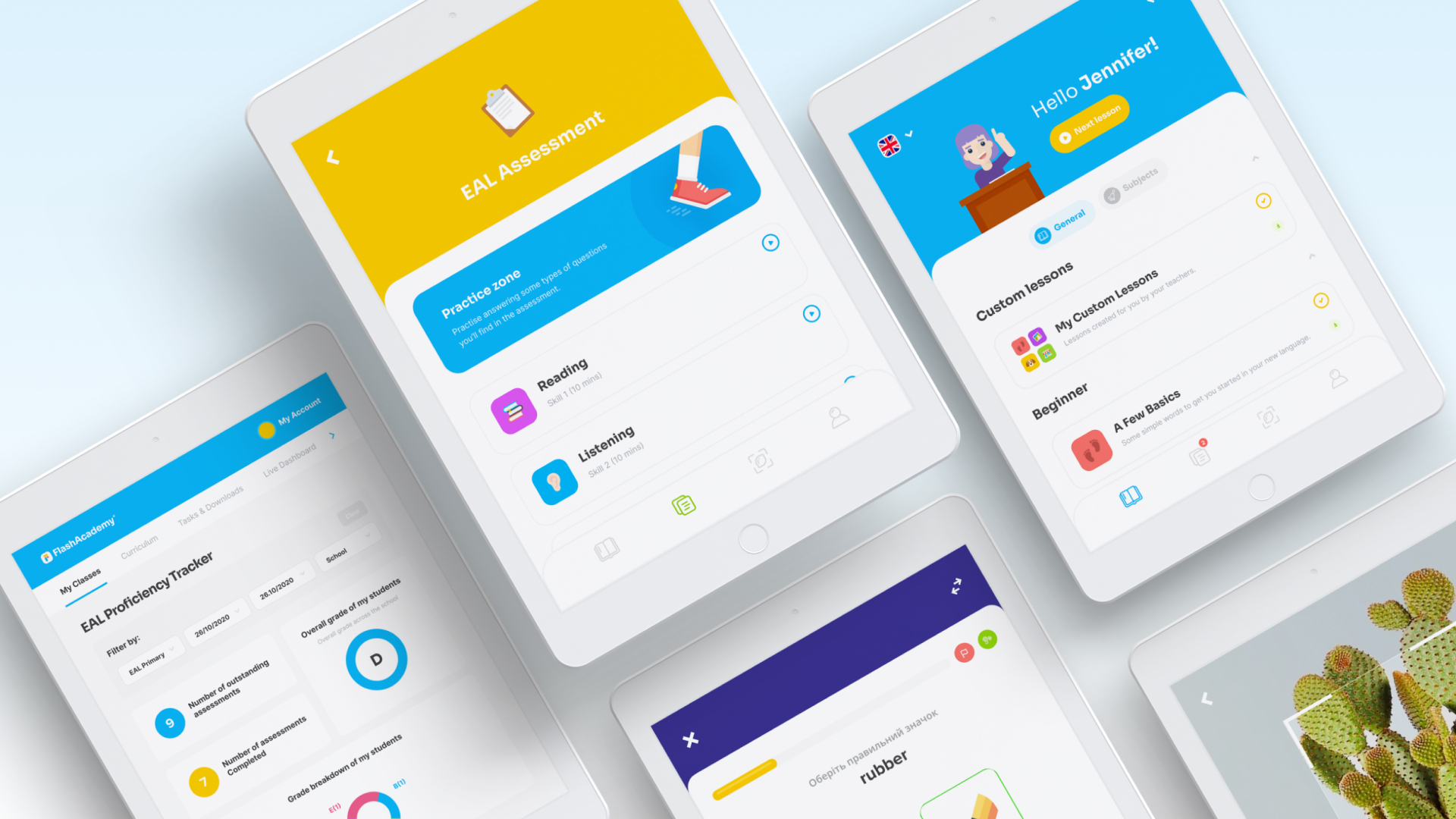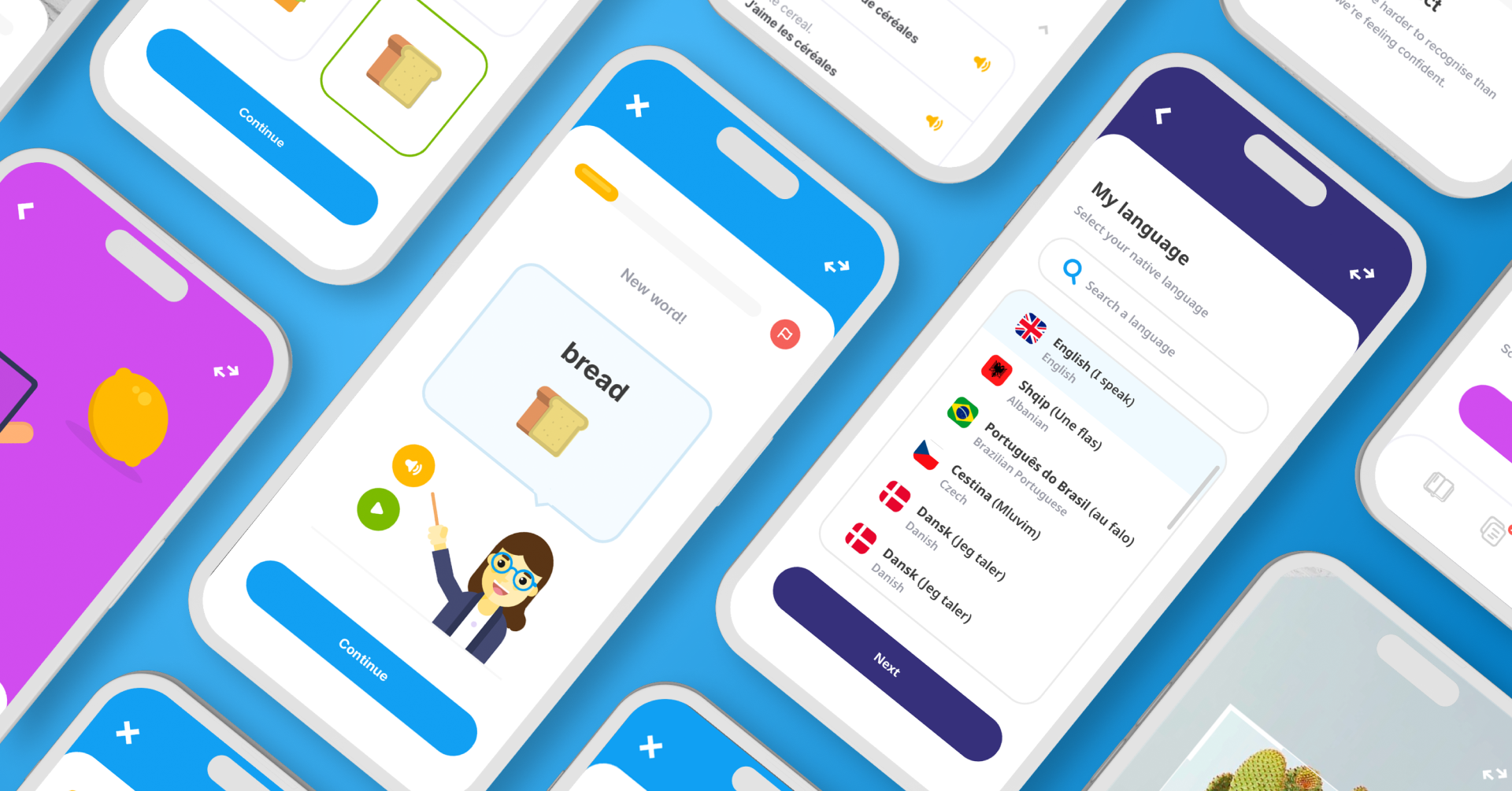

The ‘EAL and Health’ webinar outlined some varying cultural perceptions of physical and mental health amongst EAL pupils and families. It looked at considerations to take into account when teaching compulsory Health and RSE from September.
It also suggested ways to support the mental health of our EAL pupils by raising self-esteem and ensuring that the EAL pupil voice is heard within the wider school community. Teachers are, understandably, very concerned about their EAL pupils at the moment and had a number of questions, some of which warrant a webinar of their own. Below, we answer a few:
We have a lot of children whose parents don’t speak English. Contact is very difficult at the moment and I’m worried that all the work done before lockdown will be lost, especially if they don’t work online or do worksheets we’ve delivered. How can we overcome this?
Many children will be in a similar position and there will be a lot of work to do on their return to school to review and reinforce prior learning. However, children are very resilient and with support they will recover and continue to make progress. If you do have a parent who speaks more English who could act as a ‘parent ambassador’ for certain groups of language speakers, perhaps they could ring round for you or translate a short email so you can reach out to the other parents. You could also try contacting relevant local community or cultural centres who may be happy to help with communication.
A lot of our new arrival mums are expressing a sense of isolation as their husbands/partners are key workers and they’re in lockdown in small flats and isolated from their families. Any ideas on how we can help them?
If you can, try to put the mums in touch with each other. You could help them to set up a WhatsApp group or a discussion board where they can share thoughts or concerns. You might like to post links to English language learning resources to help them learn more about the UK school system. Why not organise a virtual parent coffee morning? This could either be aimed specifically at EAL parents or at form groups so the newly arrived mums can meet some of their child’s future classmates’ parents and start to feel more of a sense of community.
How can we talk to small children about coronavirus without scaring them?
Try to stay calm when you speak to children about this topic as they will pick up on your feelings. Explain the necessary facts and give children the space and opportunity to ask questions. If you can’t answer all their questions, it’s okay to say ‘I don’t know’; teaching children to deal with uncertainty will help build their resilience for the future. When introducing social distancing measures, focus on how we’re building new routines together as a team and that this is helping others. Let them know that it might take time to get used to everything, so they don’t need to panic if they forget some of the rules at first. You could also use things like songs or multi-lingual storybooks to help children understand the situation and remember these new routines.

How can we change perceptions of mental health amongst parents?
Focus on benefits of the support and actions that you can take. For example, asking a child to keep a journal to track their emotions may help mental health but is also a good way to practise writing skills. Over-accessing the news online may be negatively affecting the child’s mental health but you can also point out that there are more productive ways they could spend their time. Frame it in terms of community rather than taking an individual-focused view. Try not to make it sound like a problem with the child. More likely to listen to fellow parents so perhaps ask parent ambassadors or parents who have had experience of similar issues to guide them through the process or to discuss concerns.
How do we confront the challenges of differentiating for a pupil with EAL with a potential learning difficulty?
You’re differentiating to meet the needs of all pupils, so learn what that particular pupil’s needs; you can do this to a certain extent without the child having an official diagnosis. Often, strategies you would use for differentiating for SEN pupils can support EAL pupils (and vice versa), so using visual resources and pre-teaching and reinforcing lesson content can strengthen pupils’ knowledge and increase understanding. Learning about the language, literacy and communication difficulties that are common in particular SEN diagnoses can help you to understand how they may be impacting on an EAL pupil’s progress. This can also give you a greater understanding of which difficulties are more likely to be EAL-related and help avoid the misdiagnosis of EAL needs as SEN.
Is it a good idea for pupils to act as interpreters?
It’s great to celebrate pupils’ language skills and give them the opportunity to use them where possible. They could be brilliant interpreting for a newly arrived pupil as their buddy, guiding a potential parent around the school or welcoming parents to school events. However, be careful that they are not interpreting in situations that are inappropriate. EAL pupils may be used to interpreting for their family at the doctor’s, and apart from the negative effect this can have on their school attendance, pupils may be exposed to sensitive subjects that they shouldn’t be. Explain to parents that the NHS provides interpreting services, or suggest they bring an adult community member for support if necessary. Also, bear in mind that if interpreting between their parents and teachers, pupils may alter the message in order to make their target audience happy.
Watch the full webinar recording here

